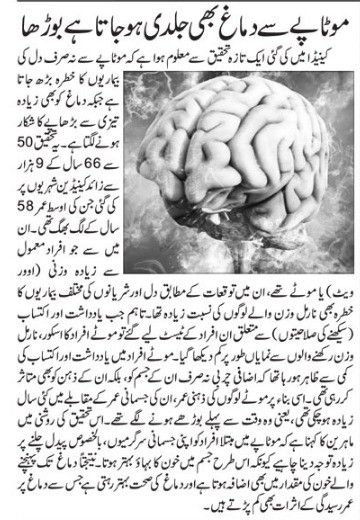Effects on blood vessels may help explain links between diet, obesity and cognitive decline
Long Beach, Calif. (April 5, 2024)—A new study conducted in mice traces how obesity and a high-fat diet may accelerate aging in the blood vessels that supply blood to the brain. The work is being presented this week at the American Physiology Summit, the flagship annual meeting of the American Physiological Society (APS), in Long Beach, California.
The findings suggest that obesity and a poor diet can cause damage to accumulate in the blood vessels, reducing the supply of oxygen to parts of the brain and ultimately leading to cognitive decline. The study could help scientists find ways to intervene and preserve brain function in people with obesity, which is estimated to affect about 42% of U.S. adults.
“This project highlights the critical roles of vascular components and cellular aging in cognitive deterioration, pinpointing novel potential therapeutic targets for dementia prevention and treatment,” said Sharon Negri, PhD, the study’s first author and a postdoctoral research fellow in the laboratory of Stefano Tarantini, PhD, in the Department of Neurosurgery at the University of Oklahoma Health Sciences Center.
Previous research has found strong links between mid-life obesity and an increased risk of cognitive decline and dementia later in life. The scientists sought to uncover the mechanisms behind this association, with a particular focus on the role of diet and vascular health.
To do this, the researchers studied the impact of a high-fat diet on blood flow to the brain and memory performance in aged obese mice. By using a special mouse model, they were also able to measure cellular senescence, a process when cells stop dividing and making new cells. Cellular senescence increases with aging and contributes to a variety of aging-associated diseases.
